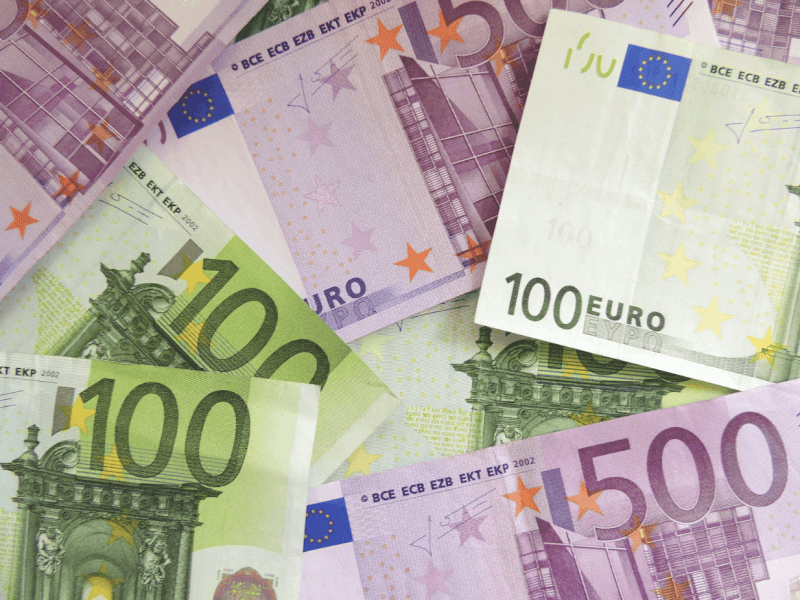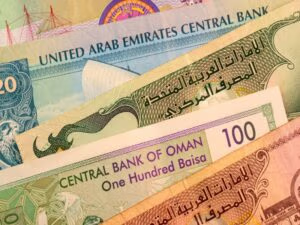The euro strengthened on Monday following the first round of France’s parliamentary elections, which saw the far-right party secure a leading position, albeit by a smaller margin than anticipated. Meanwhile, a downgrade to Japan’s first-quarter growth figures put additional pressure on the yen.
Marine Le Pen’s far-right National Rally (RN) party emerged victorious in the initial round of France’s snap elections, according to exit polls. However, the party’s performance was slightly below earlier projections.
The euro, which had declined about 0.8% since President Emmanuel Macron announced the elections on June 9, rebounded by 0.24% to $1.0737, after peaking at a one-week high of $1.0749 earlier in the day.
“The RN has actually performed a bit worse than expected,” noted Carol Kong, a currency strategist at the Commonwealth Bank of Australia (CBA). “This led to a modest rise in the euro in early Asian trade, as it reduced fears of an aggressive and unsustainable fiscal policy if the far-right had performed better.”
The euro’s rise put slight pressure on the dollar against a basket of currencies. The dollar was already under strain from data released on Friday showing a cooling in U.S. inflation for May, bolstering expectations that the Federal Reserve will cut interest rates later this year.
Market expectations now indicate about a 63% chance of a Fed rate cut in September, compared to an even chance a month ago, according to the CME FedWatch tool.
Against the dollar, the British pound edged up by 0.01% to $1.2647, while the Australian dollar gained 0.04% to $0.6673. The New Zealand dollar increased by 0.14% to $0.6099. The dollar index slipped 0.02% to 105.70.
“Should inflation continue to behave itself, and incoming data align with the FOMC’s forecasts over the summer, the first 25bp cut remains on the cards as soon as September,” commented Michael Brown, senior research strategist at Pepperstone.
Yen Under Pressure
The yen struggled against a broadly weaker dollar, slipping 0.05% to 160.93 per dollar. Early gains for the yen were reversed following revised data showing Japan’s economy contracted more than initially reported in the first quarter.
This contraction could prompt the Bank of Japan to lower its growth forecasts in upcoming quarterly projections, potentially affecting the timing of its next interest rate hike.
The yen has depreciated over 12% this year, largely due to stark interest rate differentials between the U.S. and Japan. The yen’s latest decline beyond 160 per dollar keeps investors alert for potential intervention from Japanese authorities to stabilize the currency.
Elsewhere in Asia, the Chinese yuan—also affected by significant interest rate differentials with the U.S.—was up 0.02% at 7.2981 per dollar in the offshore market.
China’s manufacturing activity fell for a second consecutive month in June, while services activity hit a five-month low, according to an official survey released on Sunday. This has renewed calls for further economic stimulus as China struggles to regain momentum.
“The PMIs are definitely not good, suggesting that the Chinese economy is struggling to gain momentum despite government support,” remarked CBA’s Kong. “This is contributing to yuan weakness and falling Chinese government bond yields. The market remains skeptical about whether current policy support will translate into stronger economic activity, and we share that doubt.”





